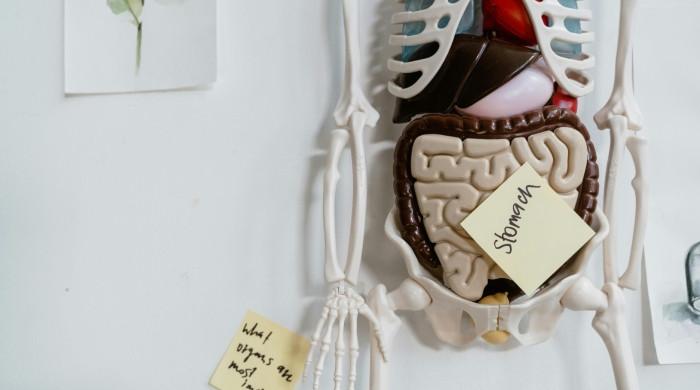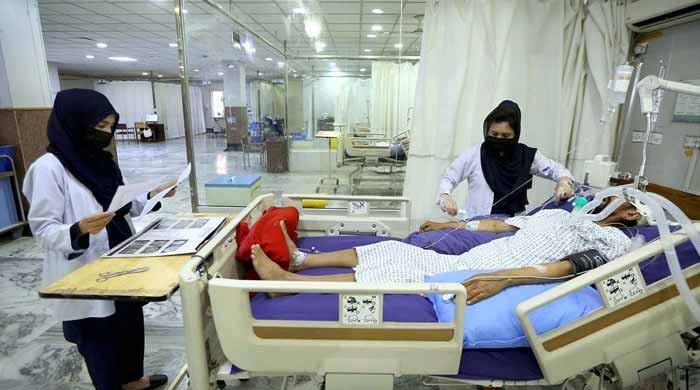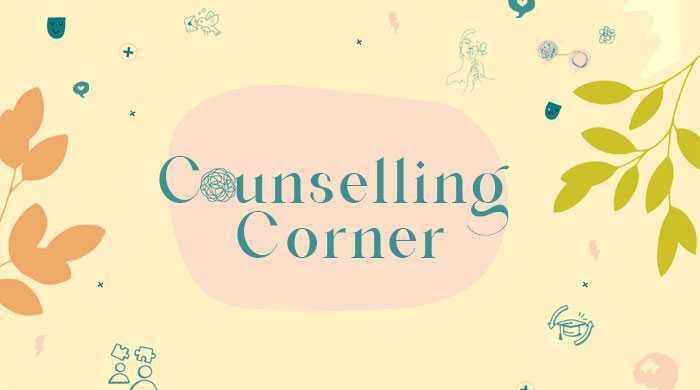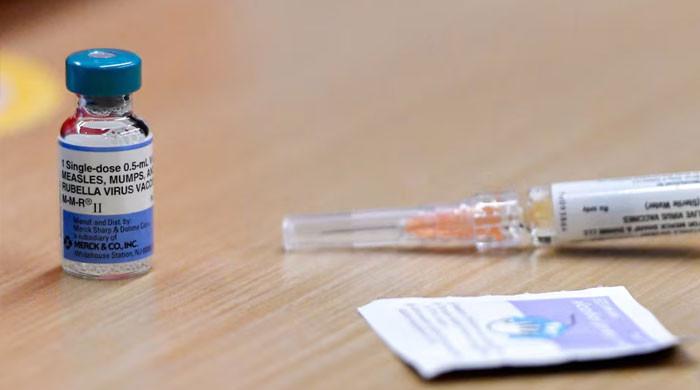Amphetamines prescribed to adults run risk of being misused: study
These drugs are also used to help treat disorders like depression and anxiety in combination with other medicines
May 05, 2023

A recent study has revealed that drugs like amphetamines being prescribed to US adults have a risk of being misused, alongside medicines for treating anxiety and depression.
Authors noted that the practice could lead to higher rates of misuse and addiction and cause unknown side effects.
As per the classifications by the Drug Enforcement Administration, amphetamines and methylphenidate are listed as Schedule II controlled substances, with a similar designation given to cocaine, OxyContin, and fentanyl.
The drugs that increase the activity of the nervous system are prescribed by doctors to treat a number of conditions such as attention-deficit/hyperactivity disorder, sleep disorders, and nasal congestion.
However, these drugs are also used to help treat disorders like depression and anxiety in combination with other medicines.
The lead author of the study Thomas Moore said: "We are concerned given the risks of these drugs, adding that "prescription stimulants are highly potent and that data on using them in combination with other psychiatric medications is limited."
The research was in BMJ Open.
Moore, who is also a researcher at the Center for Drug Safety and Effectiveness at Johns Hopkins University, said: "These drugs have a high potential for physical and psychological dependence. The use of prescription stimulants in combination with other medications appears to be rising."
In their findings, researchers revealed that more than 276,000 adults were using Schedule II prescription stimulants. Among them, just under half — around 45% — were using the drugs alongside other psychiatric medications, including antidepressants, anti-anxiety drugs, and opioids.
Moore said: "Some physicians may prescribe stimulants to treat the side effects of other psychiatric medications or to enhance them. That is sometimes called a 'prescribing cascade'."
He added: "An antidepressant is prescribed for a patient and maybe one of the side effects is sedation, and so they add a stimulant, like amphetamines."
Link of ADHD with depression
According to Dr Robert Bassett, the associate medical director of the Poison Control Center at the Children's Hospital of Philadelphia: "It's common for conditions like depression to aggravate another mental disorder someone might have."
According to the Centres for Diseases and Control Prevention (CDC): "ADHD is a neurodevelopmental disorder of childhood, diagnosed in childhood and lasting till adulthood. Children with ADHD may have trouble paying attention, controlling impulsive behaviours, or being overly active."
"If one has worsening or untreated depression, the depressive symptoms can make the ability to focus harder, leading to worsening symptoms of ADHD," he noted.
The study mentioned that more females, at 52.6%, used both stimulants and other psychiatric medications compared to males, at 36.2%. In addition, young people — particularly those ages 19 to 34 — were more likely than older people to take combinations of medications.
Amphetamine products accounted for 86.4% of stimulant prescriptions, while methylphenidate products accounted for 13.6% of prescriptions.
Dr Scott Hadland, an addiction specialist at Mass General for Children in Boston who was not part of the research stressed "caution" when interpreting the study's findings.
He noted: "The study examined how common it is for people to receive prescription stimulants in addition to other psychiatric medications, but it did not examine whether people misused or were dependent on those medications."
"It's not uncommon for people with ADHD to have another condition like depression," Hadland said.
Moore expressed his concerns as stimulants alongside medications for conditions like depression and anxiety have not been thoroughly tested in clinical trials.
Doctors should prescribe the lowest effective dose possible, Bassett said.
Hadland, of Mass General for Children, said doctors should ensure they are prescribing stimulants appropriately and are aware of all other medications patients may be receiving.











